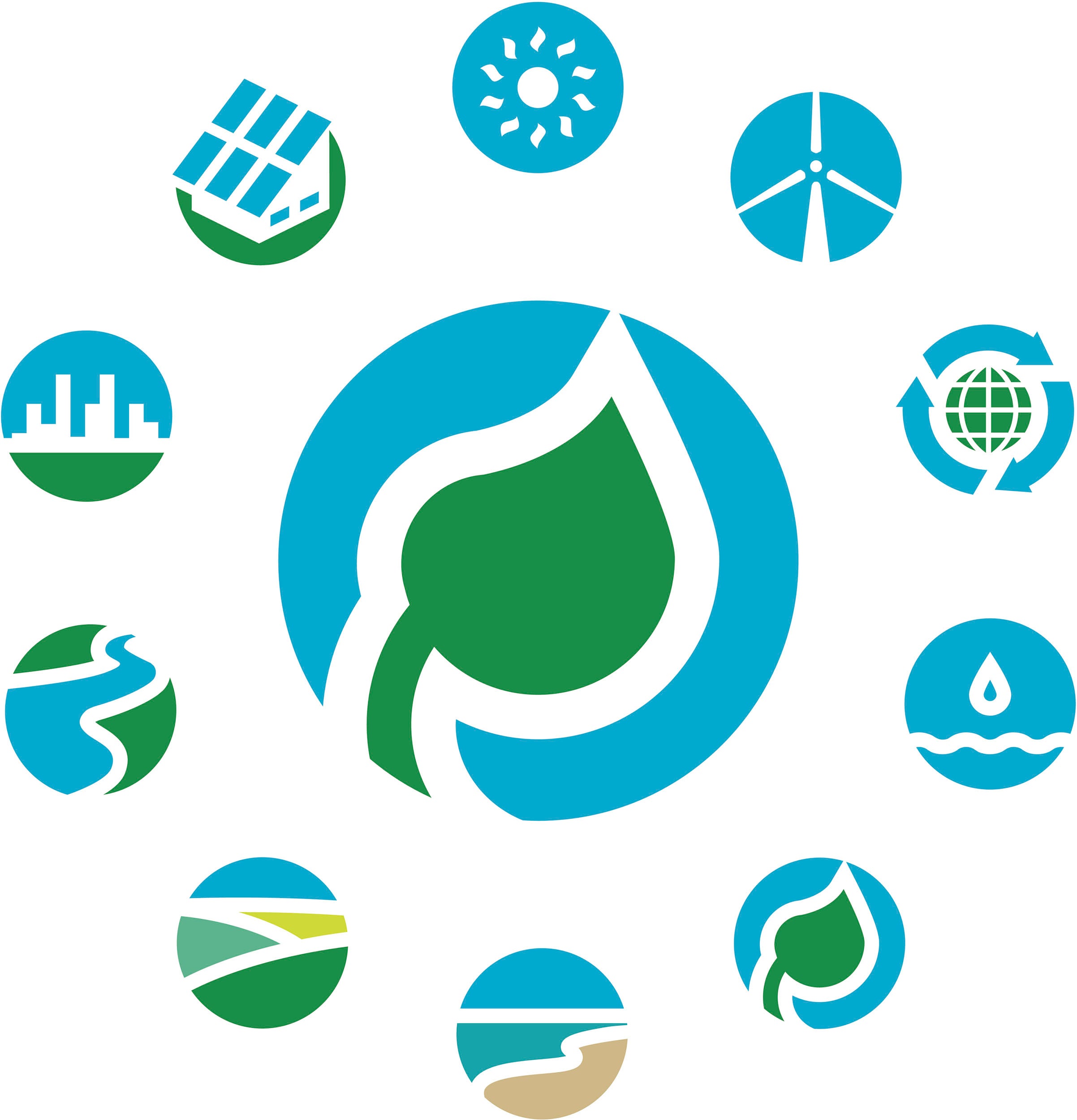The Harvard Law School Environmental & Energy Law Program, also known as EELP, tracks and analyzes federal environmental regulation and policy and relies on significant support from its student research assistants. As the program moves from tracking rollbacks from the Trump administration that limited government action on climate change to focusing on the Biden-Harris administration’s commitment to climate action, HLS students have dug into how the prior administration’s actions will impact the new administration’s goals and analyzed environmental regulatory changes that have real impacts on people’s lives.
Almost 30 students worked with EELP this academic year. Twelve of them and their research are highlighted below. They represent just a small fraction of the students who have worked with the program over the past few years

Sungjoo Ahn ’21, a third-year student from Seoul, Korea, joined EELP to pursue her interests in energy, environment, and international relations. Her research looks at the first-ever federal standard to regulate greenhouse gas emissions from aviation. While the rule — issued under the Trump administration — merely preserves the status quo, Sungjoo spells out several options to strengthen the standard under the Biden administration.
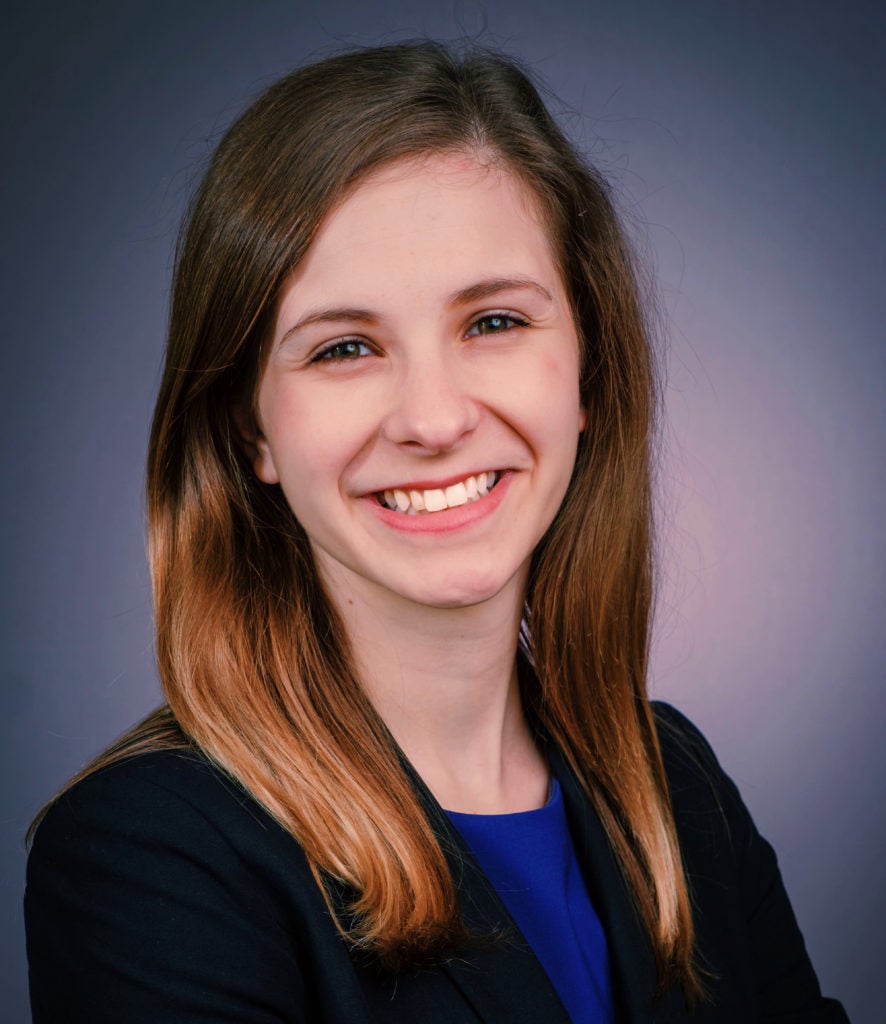
Second-year student Lia Cattaneo ’22 is pursuing a joint J.D./M.P.P. at Harvard. Originally from the D.C. area, Cattaneo worked in domestic climate and transportation policy before graduate school. She’s continued doing similar work for EELP, focusing on zero-emissions buses and rollback tracker pages for transportation agencies. Her report, Rethinking the “One National Program” for Clean Cars: Where Does the Biden Administration Go from Here?, deconstructs a Trump-era rule limiting the ability of the EPA and the Department of Transportation to set ambitious clean car standards and looks at the legal challenges the Biden administration faces in undoing the rule.
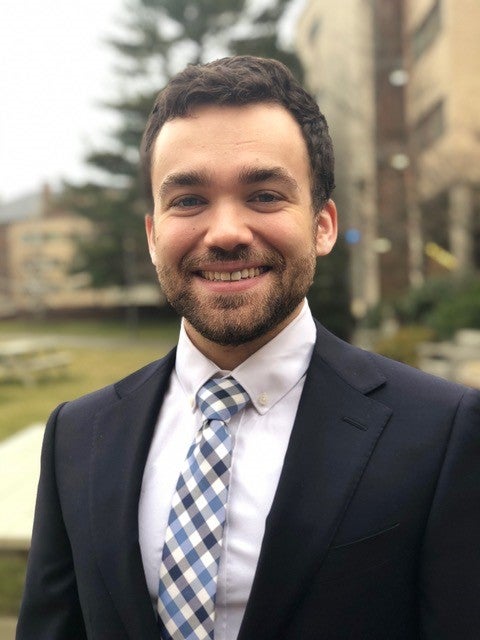
Hailing from the American West, third-year student Peter Daniels ’21 joined EELP with a focus on public lands and the Department of the Interior. In his paper, Update: E-Bikes Rules Finalized with Few Changes, Daniels looks at new rules around e-bikes on federal lands. He is also co-author of a major report on how the Trump administration managed federal lands that received attention from the media and congressional staff, and also wrote about the Endangered Species Act and sage grouse for EELP. After graduation, Daniels will clerk for Justice Balmer of the Oregon Supreme Court.
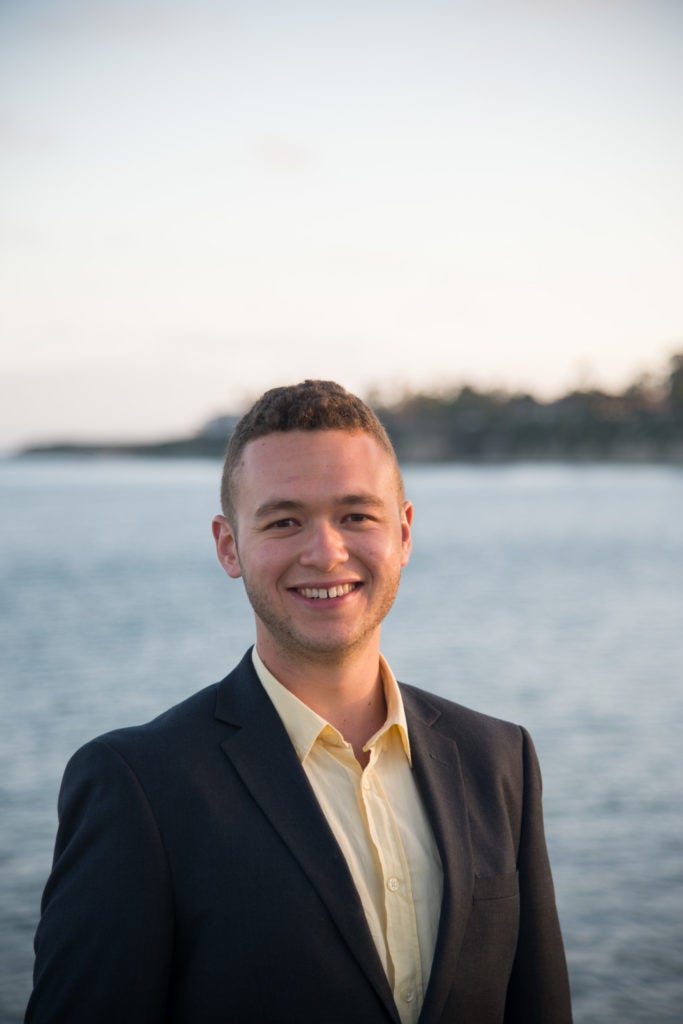
Daniel Eyal ’23, a first-year student from Los Angeles with a background in government and politics, joined EELP in the fall to engage his interests in environmental, administrative, and local government law and policy. In his report, EPA’s Lead and Copper Rule: Examining Challenges and Prospects, Eyal looks at the EPA’s efforts to address lead in drinking water under both the Obama and Trump administrations and what steps the Biden EPA can take to finally eradicate this perennial public health problem.
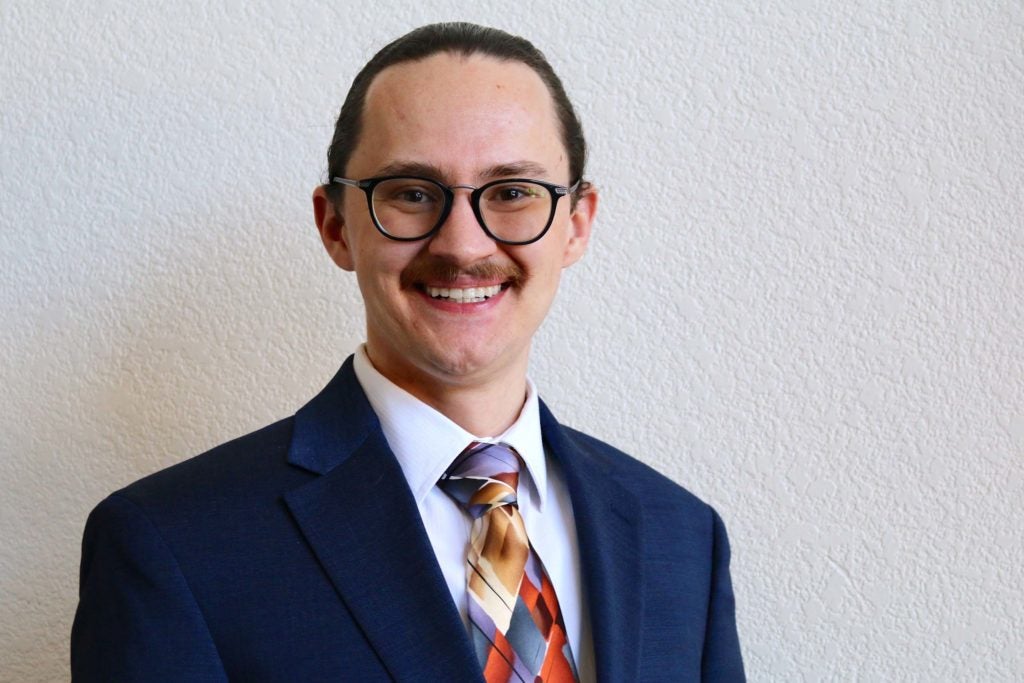
In his paper Abandoning structures to rising sea levels, what are the legal issues and solutions?, second-year student Jake Hummer ’22 reviewed property law issues at play when coastlines change and engulf structures. This work for EELP led him to a semester-long independent writing project with a property law professor on the topic and he also continues to work with EELP on developing its legal analysis of sea-level rise issues.
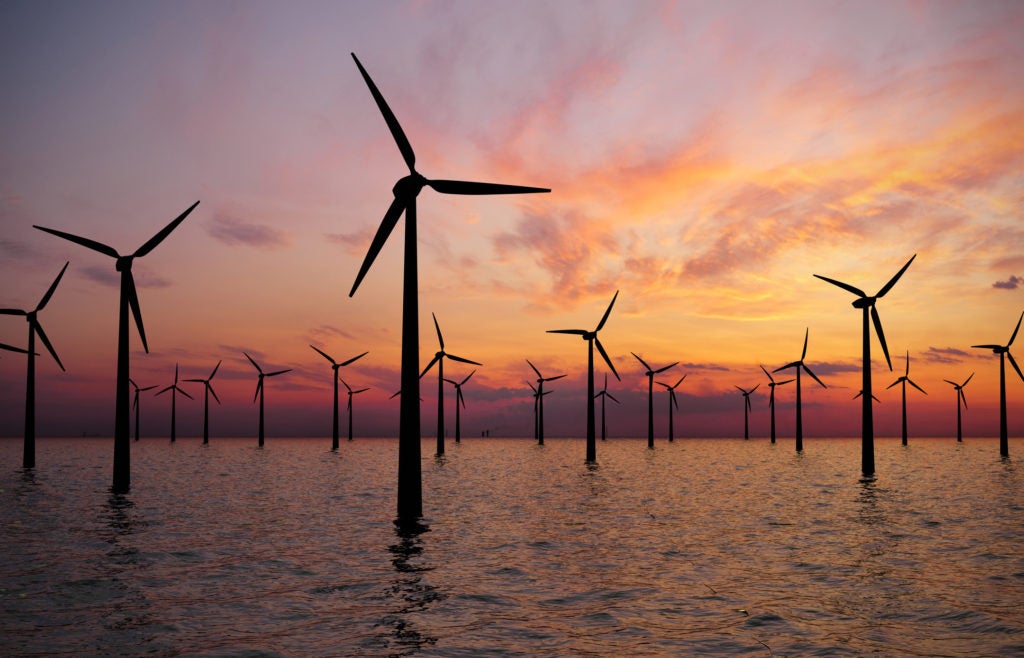
Third-year student Cole Jermyn ’21 has written a number of pieces for EELP, from a paper mapping out how a new administration could undo the Trump administration’s environmental deregulation to a new piece on the challenges of developing offshore wind in areas where commercial fishing is concerned about its impacts.
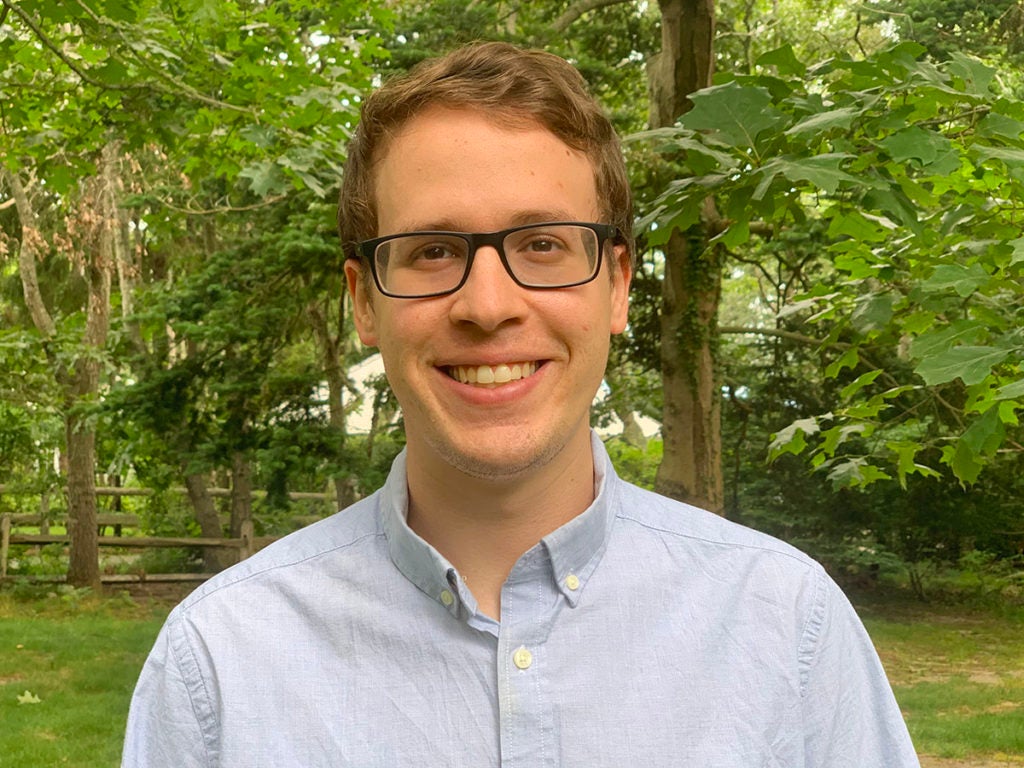
Second-year student Peter Kalicki ’22 analyzed state involvement in federal permitting through the water certification provision of the Clean Water Act, the Trump administration’s efforts to limit states’ authority, and what the Biden administration will need to consider in revisiting the prior administration’s actions.

David Kidd ’23 is a first-year student and fifth-generation rancher from Wyoming and Colorado. Growing up in the West, he noticed that every year seemed to bring a worse drought or a more intense winter and he joined EELP to try to help impact the climate emergency.
In a new paper, US Regulatory Barriers to an Ambitious Paris Agreement Commitment, Kidd takes stock of countries’ commitments under the Paris Agreement. He also reviews how the Trump administration’s environmental legacy could affect the Biden administration’s ability to set its own ambitious greenhouse gas reduction goal to reinvigorate global climate action.
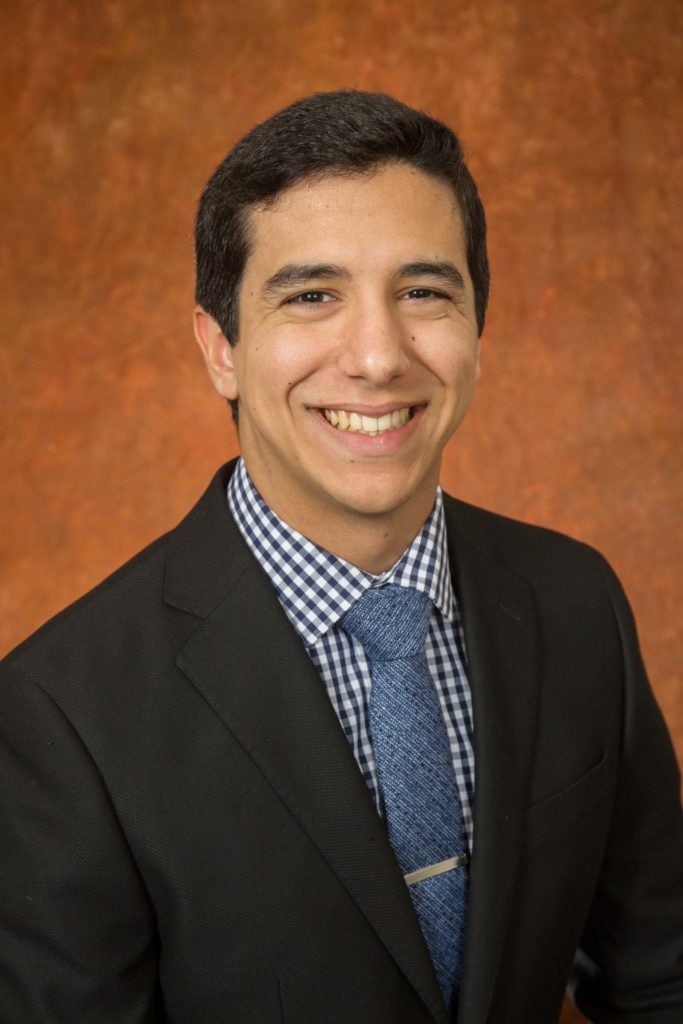
Ozzy Rodriguez ’22 is a second-year student who joined EELP to explore his interest in administrative law and addressing environmental issues. In his first paper, Rodriguez examines what authority the EPA has to reevaluate Superfund settlements in light of climate change’s destabilizing effects. He finds that Congress has given the EPA the procedural tools to reassess those settlements and that such an initiative would be in line with the Biden administration’s environmental justice goals.
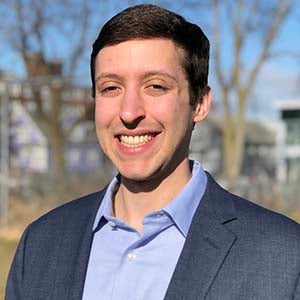
Ari Sillman ’21, a third-year student, has worked with EELP since his first year at HLS. He has conducted research on corporate climate-related disclosure, legal issues around sea level rise, carbon tax policies, and how the new Biden administration may achieve its climate goals. His recent work includes an assessment of approaches the Biden administration could take to promote electric vehicles; a piece analyzing how a recent change in disaster management law allows FEMA to empower local communities to build resilient defenses before disasters strike, saving money and lives; and a detailed white paper reviewing state law on what happens to coastal property lines when sudden erosion events occur and what it means for states’ responses to sea level rise.
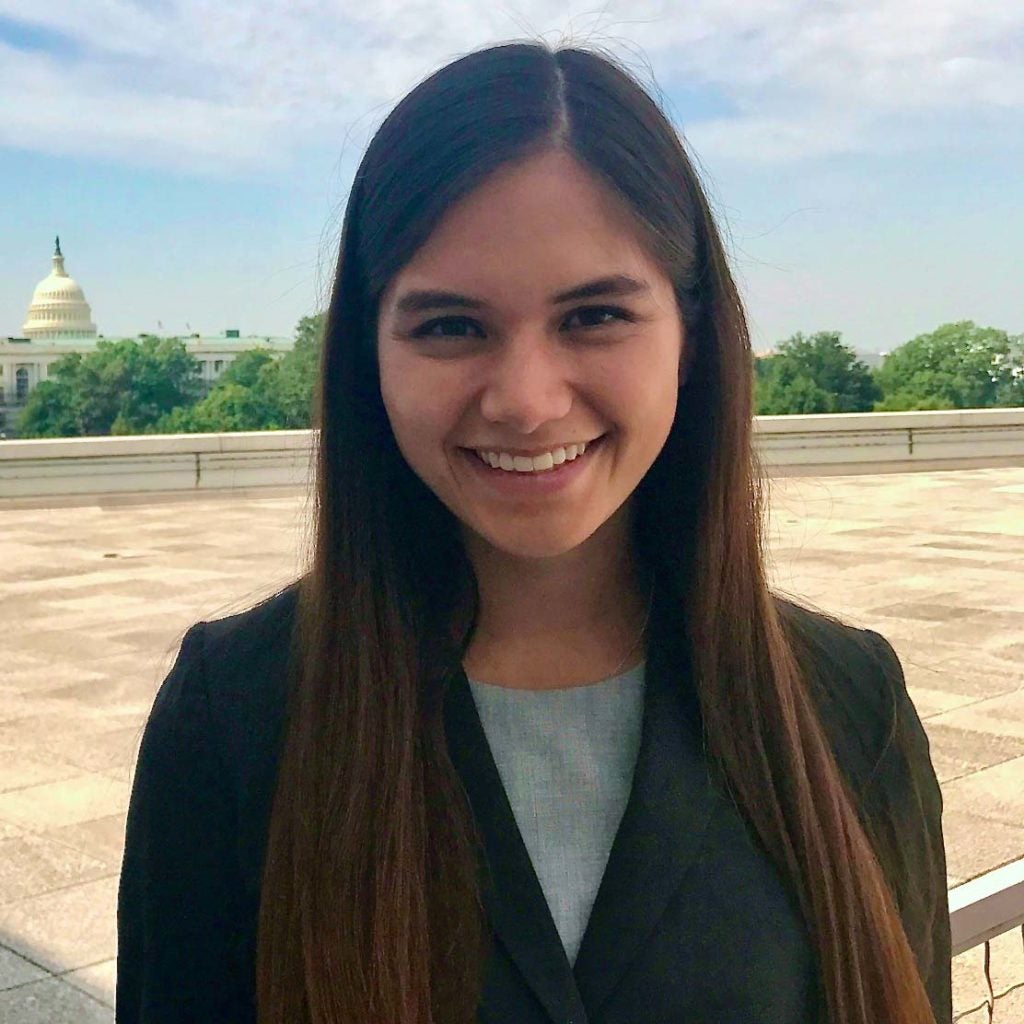
Annalise Wagner ’23, a first-year student from St. Louis, Mo., joined EELP to pursue her interest in environmental justice. In a recent piece, Rolling Back DOJ’s Title VI Protections: Trump’s Abandoned Attempt and Potential Impacts on EJ Enforcement, she looks at an attempt by the Department of Justice, under former President Trump, to undermine civil rights complaints processes and its potentially devastating impacts on environmental justice enforcement across the federal government.
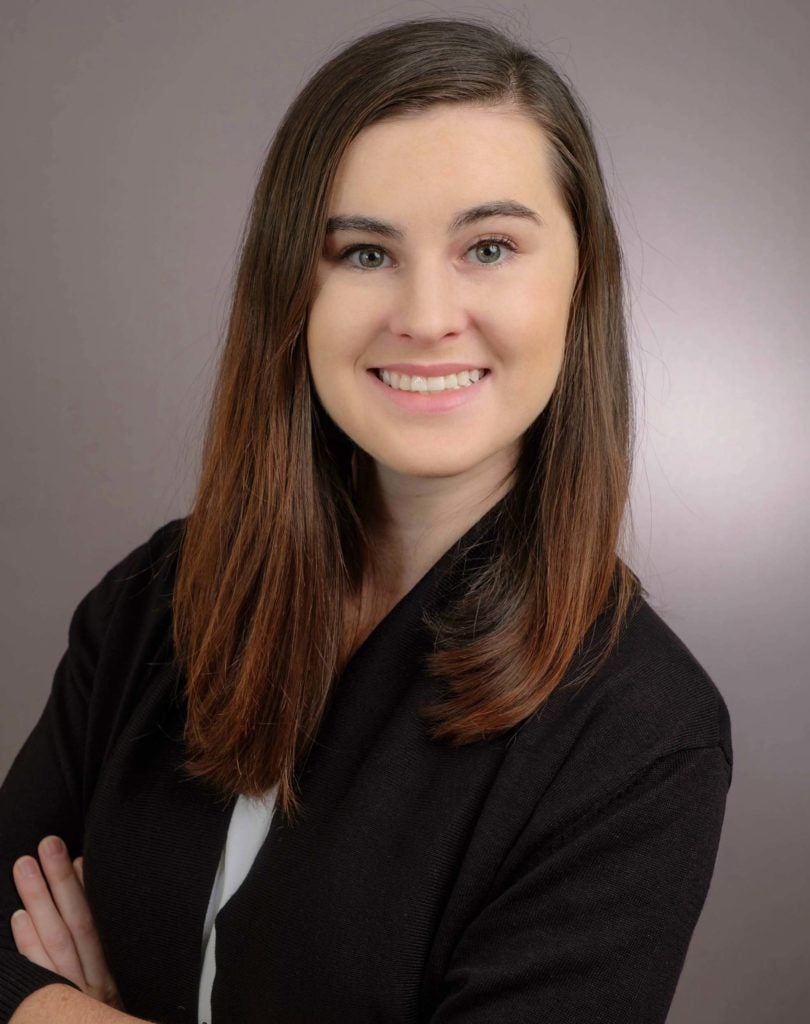
In addition to being a research assistant with EELP, second-year student Lindsay Williams ’23 is a co-editor-in-chief of the Harvard Environmental Law Review and a member of the Environmental Law Society. In her piece, Implementing Sturgeon v. Frost: Changes to the Park Service’s Jurisdiction over Navigable Waters in Alaska, she breaks down a complex Supreme Court decision and related rule by the National Park Service limiting the agency’s jurisdiction over certain rivers in Alaska, and what those changes mean for the Biden administration.
